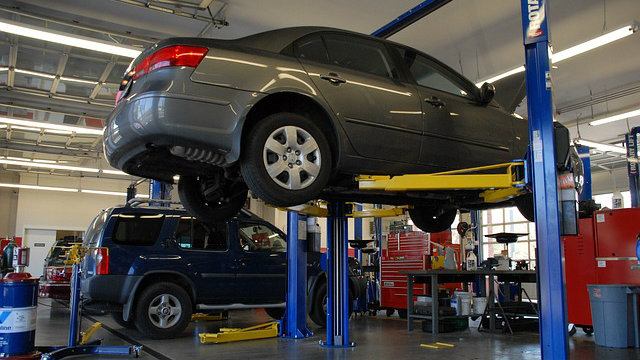During June, shares of AutoCanada Inc. (TSX:ACQ) appreciated by 3.92%, translating to an annual return of approximately 47%. Although a one-month return does not reflect how the stock will perform throughout an entire year, it is still important to take into consideration what has happened over the month and throughout the first half of the year.
AutoCanada is in the business of acquiring and running car dealerships across the country. With a business model of consolidation, the consumer will eventually have fewer providers to choose form as numerous dealerships will fall under the same umbrella. In the buyer/seller relationship, the company will hold more power that any one car dealership on its own. The hope for investors is that this approach will lead to better margins and increasing profits.
With a very large number of auto dealerships located in Alberta, the company successfully traded above $90 per share midway through 2014. Along with the drop of oil, the company saw shares decline to a 52-week low of less than $17.50 per share. On the heels of such egregious destruction of shareholder value, the question is, “What happened?”
In this particular case, it may not be the company which is exclusively responsible for the large loss in value. During fiscal 2014, the company made a profit of $2.24 per share while spreading its footprint wider across the country. Investors priced in a significant amount of potential and, unfortunately, did not weigh the risk/reward relationship accurately.
During fiscal 2016, the company increased revenues by approximately $675 million in comparison to fiscal 2014 and made a bottom-line profit of $1.03 per share. Through the first quarter of 2017, the company has made a profit of $0.13 per share and paid a quarterly dividend of $0.10.
At a current price of approximately $19 per share, the dividend yield is in excess of 2% with the potential to increase the total payout should things turn around in the oil patch. Barring a recovery in the price of oil, it may take a longer time for the normal wear and tear of the average vehicle to motivate the owner to upgrade.
The good news, however, is that motor vehicles depreciate and owners will need to buy a new car at some point.
Although shares have declined in value by more than 15% through the first half of the year, investors entering this security may be receiving the best deal of the year. With revenues which have started to stabilize from one year to the next, the summer months may bring in a number of car owners who have put off purchasing a new vehicle due to the poor economic climate.
While the company has only released earnings for the first quarter of the year, investors will receive the numbers for the second quarter in only a few short weeks. The next earnings release is slated for early August.








